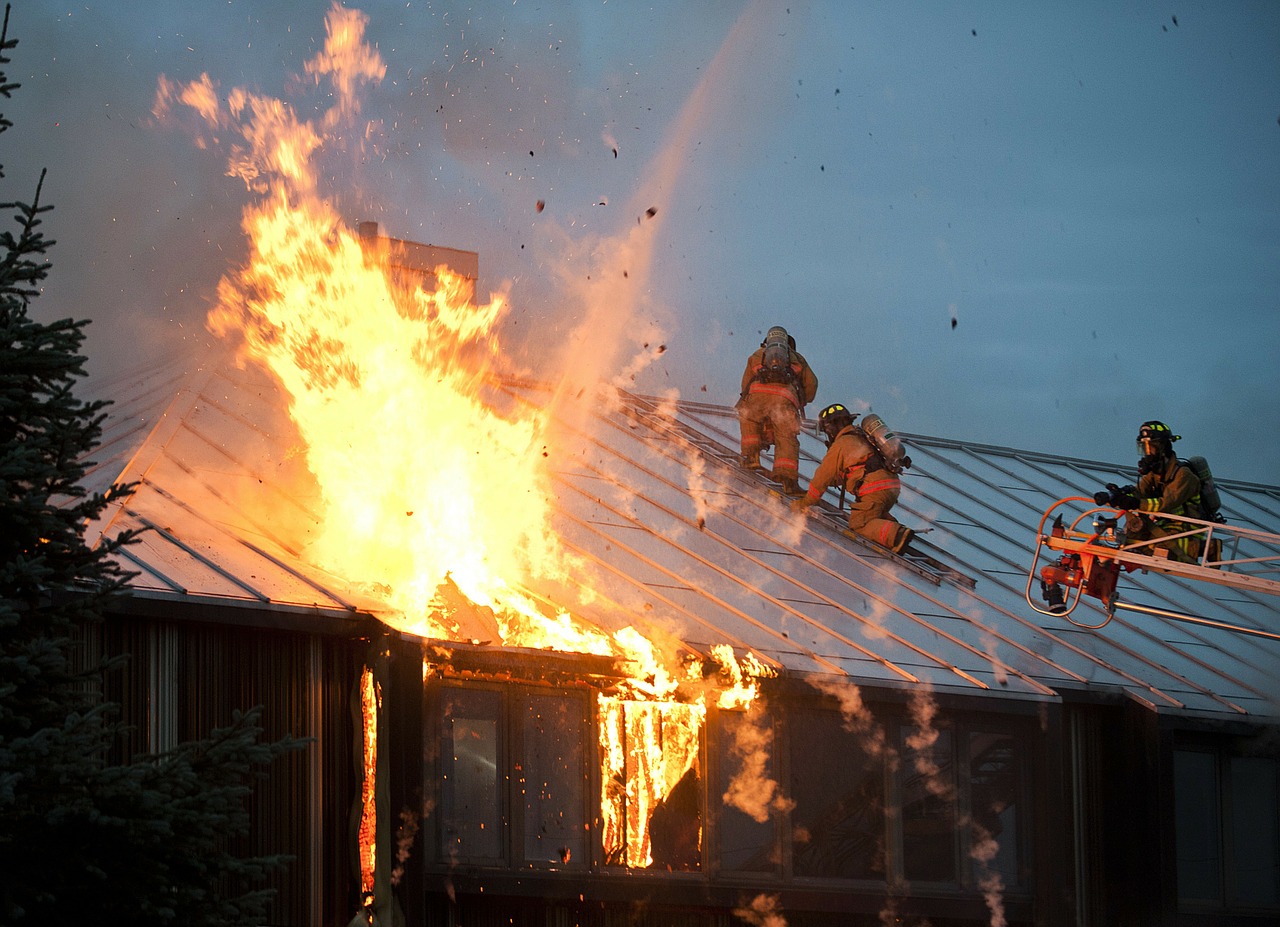Superstorm Sandy’s impact will be far-reaching for months and years ahead, as the hardest-hitting areas in New Jersey, New York, and Connecticut grapple with cleanup and rebuilding. What’s more, many issues have reared their heads in the wake of Sandy – from business interruption issues, supply chain disruptions, and flood coverage disputes to building code regulations and infrastructure damage.
In fact, in New York, Governor Cuomo appointed a “storm” commission to evaluate the impact of Sandy on the State and what needs to be done to protect its citizens, property and infrastructure in the event of another natural catastrophe. The commission’s recommendations include: turning some of the state’s industrial shoreline back into oyster beds, hardening the electric and natural gas systems, and improving the scope and availability of insurance coverage. In terms of insurance, the recommendation is specifically having the state authorize private insurers to sell policies beyond wind, mold and flood damage, to include the risk of business interruption.
Other issues have also surfaced as a result of Sandy, including the fact that when looking to rebuild as quickly as possible, companies are using employees around the clock to get things done. What these businesses need to remember is that even in a crisis mode, it’s critical that normal safeguards and policies are maintained in order to ensure accurate calculation of work time and overtime.
In addition to wage-and-hour concerns, all employers, including those in the hotel and restaurant sectors, should have employment policies in place to address the unique concerns that arise when businesses are shuttered or employees are unable to work due to inclement weather. Some of these include:
- Payment for absences as a result of weather: Under federal law, employers are only obliged to pay nonexempt workers for actual hours worked. If inclement weather shuts down a place of employment, the employer is typically not required to pay any wages to nonexempt employees, absent a contractual agreement. Exempt employees, however, must be paid for their entire workweek if they perform any work during the week and they are prevented from working through no fault of their own.
- Working at a different location/working at home: Exempt employees who are paid a salary can be required to work wherever and whenever the company requires. If an exempt employee is required to work at a different location or to log extraordinary hours during a natural disaster, no additional payment is required other than the customary salary. Nonexempt employees must be paid for all hours worked. For example, if a nonexempt employee works from home because his or her work site is damaged, this is compensable time and must be tracked. Similarly, nonexempt employees who perform out of the ordinary tasks for the benefit of the employer (like cleanup or repairs) must be paid for this time. An employee typically cannot volunteer to perform work for the benefit of his or her own employer.
- On-time payments: A lot of states impose deadlines for providing paychecks to employees, and they typically do not make exceptions for natural disasters. Some states have a financial penalty for each day a paycheck is late. Accordingly, every employer should have a backup payroll strategy in the event the primary method is unavailable due to weather.
It’s important that every company has a contingency plan in place to continue its operations in should a natural disaster occur. A facet of that plan should include ensuring the company continues to comply with all wage and hour laws during emergencies, and procedures are in place to continue timely payroll payments.
IPOASUA, a niche wholesaler, provides insurance programs for a number of industries, including hospitality – hotels/motels, resorts, and restaurants. For more information, call Stefan Burkey at 877-653-IPOA (4762).







